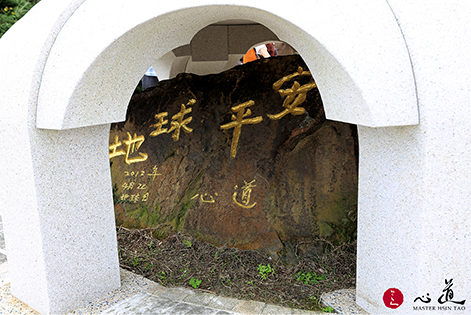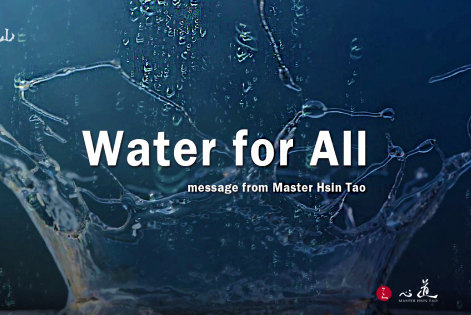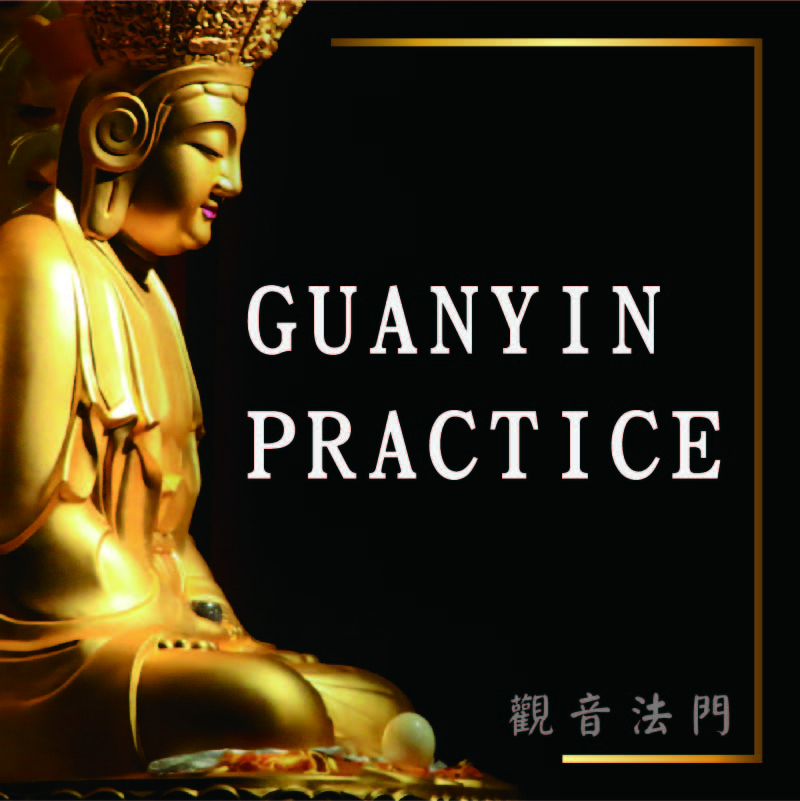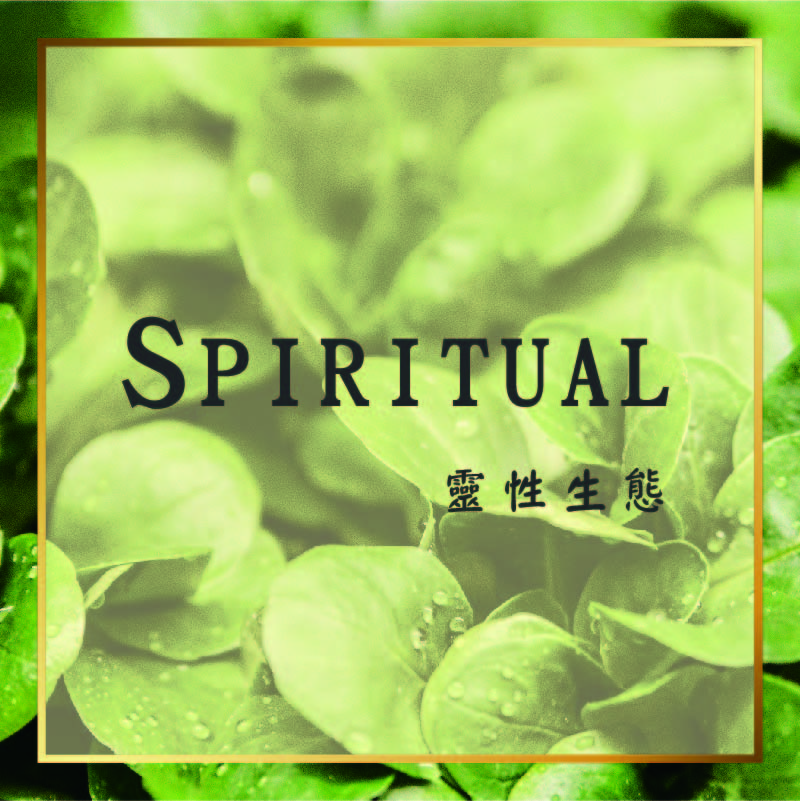
The Earth as Our Shared Home, A Vision Fulfilled (II)
 "Love the Earth, Love Peace" is the lifelong commitment advocated by Master Hsin Tao, and it also serves as a practical expression of spiritual ecology. In response to questions raised by young people from different countries and religious backgrounds, Master Hsin Tao offers clear and accessible teachings that draw upon his many years of experience in interfaith dialogue.
"Love the Earth, Love Peace" is the lifelong commitment advocated by Master Hsin Tao, and it also serves as a practical expression of spiritual ecology. In response to questions raised by young people from different countries and religious backgrounds, Master Hsin Tao offers clear and accessible teachings that draw upon his many years of experience in interfaith dialogue.
- Question: Somehow I feel that there is one and the same Buddha, such as the Eleven-faced Guan Yin (Avalokiteshvara) with a thousand arms and a thousand eyes, yet this image appears differently in each country. What is the reason for this?
- Master Hsin Tao: This is due to cultural differences. Different geographical areas have their own distinct culture. Just as images of the Virgin Mary in Catholicism differ depending on the country, the forms of Guan Yin vary according to the different mental dispositions of sentient beings and cultural expressions. Although the outer representations may change in response to local cultures and customs, the essence remains Guan Yin. While varied forms differ, the spiritual power they express remains unchanged.

- Question: In Buddhism, after a person dies, is there a place similar to heaven? Or what kind of experience does one undergo?
- Master Hsin Tao: According to Buddhism, if one has committed negative deeds during their lifetime, they will be reborn in an unpleasant place after death. If one has lived virtuously and performed many wholesome deeds, they will end up in a more pleasant and favorable realm. This is similar to the Christian concept of heaven and hell: suffering for those who have done evil, and happiness for those who have done good. In Buddhism, what we call "unchanging" refers to realizing the nature of one’s own mind. Without understanding one’s mind, one cannot attain that unchanging state.
This principle also applies to all sentient beings. When one does good, one experiences happiness; when one does evil, one suffers. The same is true after death. This corresponds to the concept of cyclic existence. While Christianity delineates heaven and hell, Buddhism likewise differentiates between various heavens and hells, though it does so with greater subtlety and structural complexity.
- Question: When Buddhism speaks of "heaven," is it referring to the heaven of the devas, or to the Pure Land of Ultimate Bliss?
- Master Hsin Tao: "Heaven" does not refer to the Pure Land of Ultimate Bliss, but to the three higher realms and three lowers realms among the six realms of existence. The three higher realms include humans, asuras, and devas. Gods can serve as various kinds of guardians, such as mountain gods, water spirits, wind gods, and so forth—which are what we call asuras. Devas, or celestial beings are of an even higher realm, experiencing greater happiness than ordinary gods because of their greater merit. The three lower realms consist of animals, hungry ghosts, and hell beings. Animals are those reborn to be slaughtered and consumed as food. Hungry ghosts suffer from insatiable hunger, and hell beings endure the torment of severely negative karma and attachment.

- Question: To attain liberation from samsara, what must one do?
- Master Hsin Tao: Liberation from samsara requires transcendence—transcending both virtues and non-virtues. And how does one transcend virtues and non-virtues? This is directly related to one’s path of learning and practice.
- Question: How can we find inner peace and tranquility in our daily lives? Is this possible even without religious faith?
- Master Hsin Tao: It is certainly possible. Every religion is ultimately a method—a means of uncovering oneself. If one has not found oneself, then nothing else should be put as priority. Only when one uncovers the self does faith be actualized; with faith strengthens learning; with learning arises loving-kindness; and with loving-kindess comes a purposeful life.
Why is it that we often fail to see ourselves? Because our attention is directed toward external phenomena—we see, think about, and hear external phenomena. So how can one attain peace? One must become like a recording studio—installing effective soundproofing. Only when external noise is blocked does the inner sound become clear. When you can hear the clarity of your own recording, you encounter your own peace and abide within it. Thus, it is imperative to shut out external sights and sounds, to release and relinquish what one sees and hears, and to place the mind inward—upon oneself.













